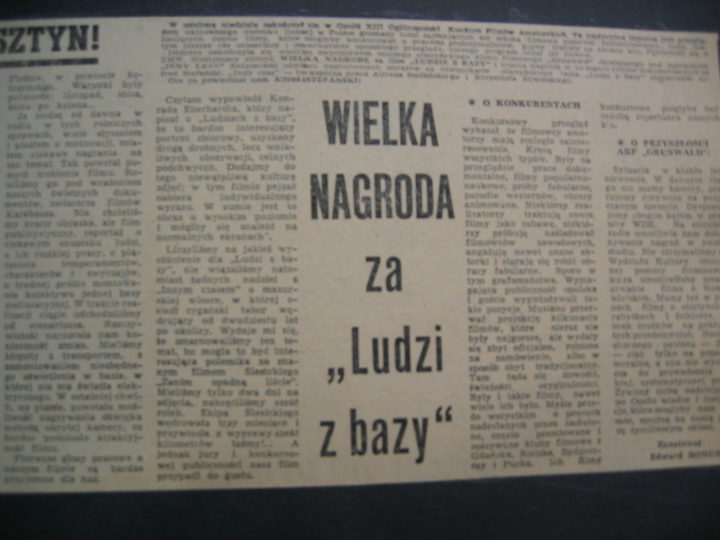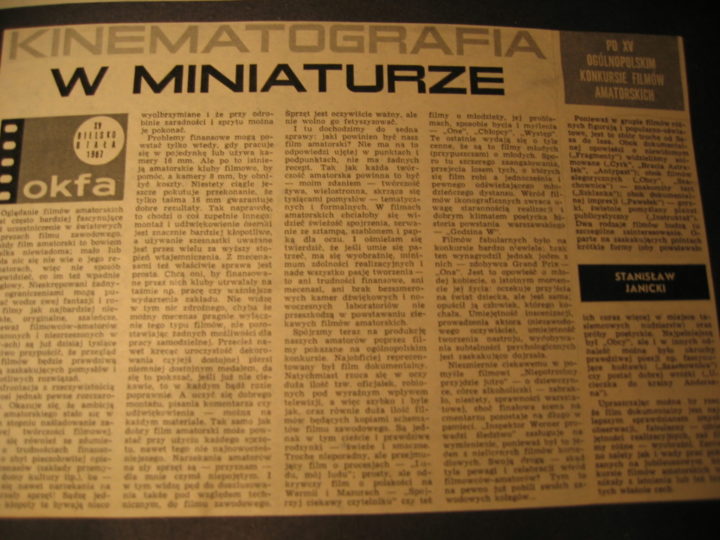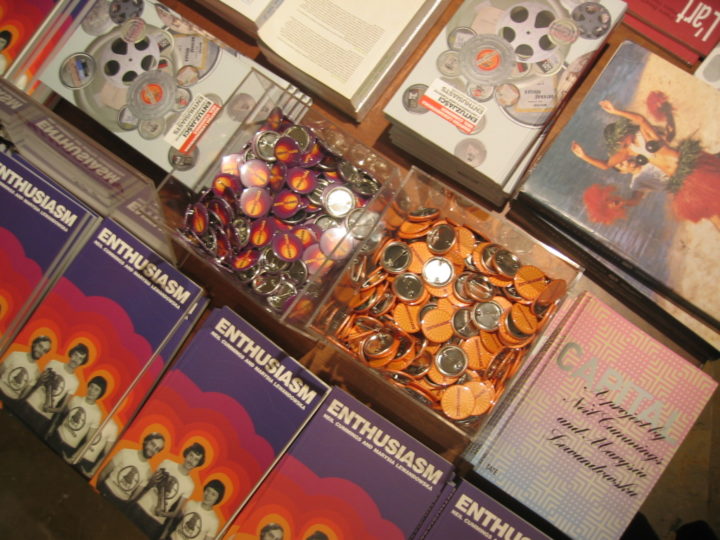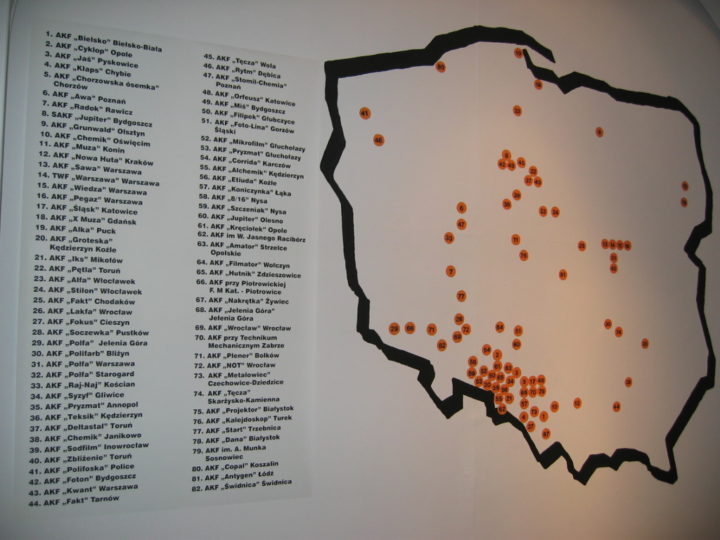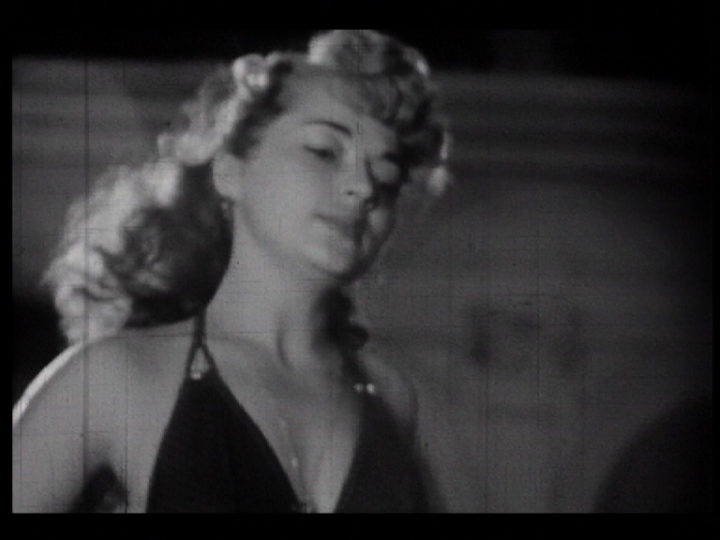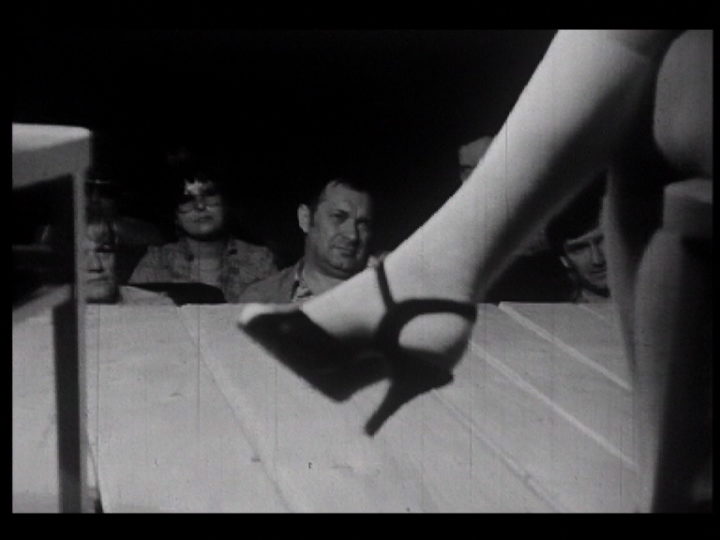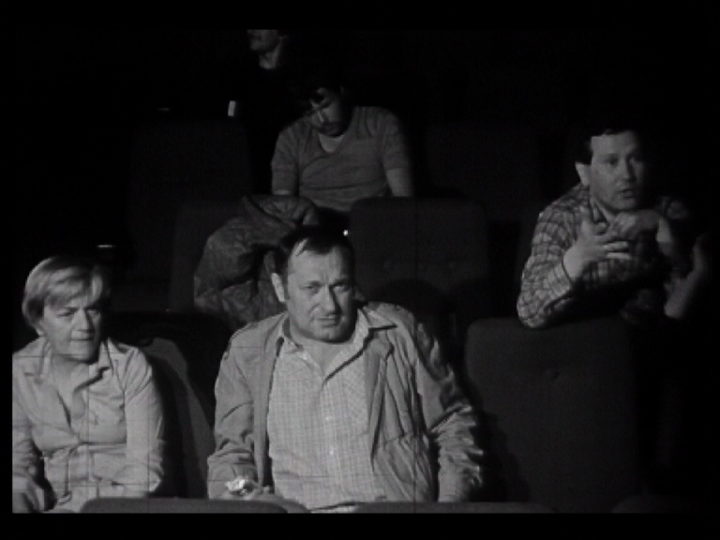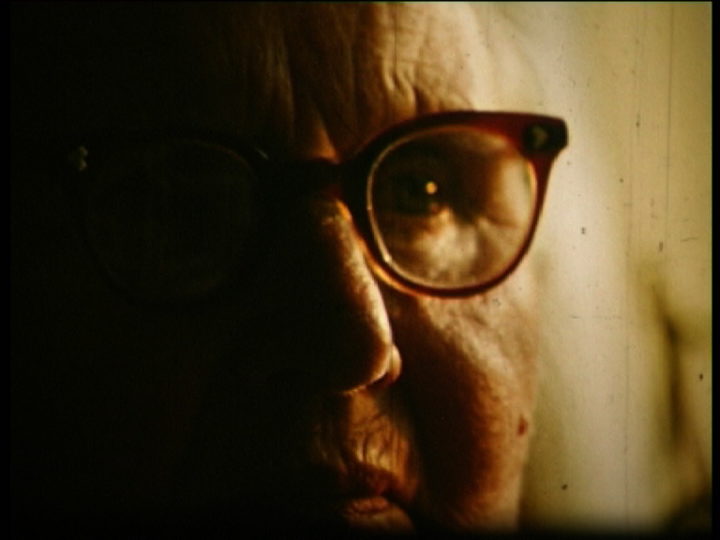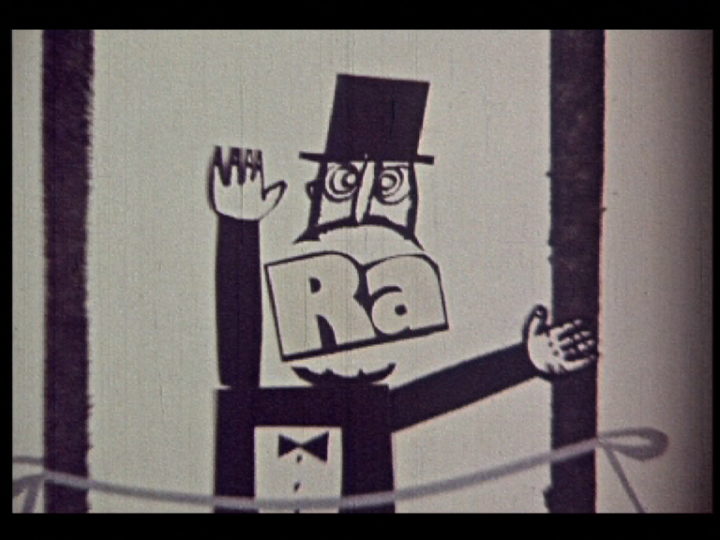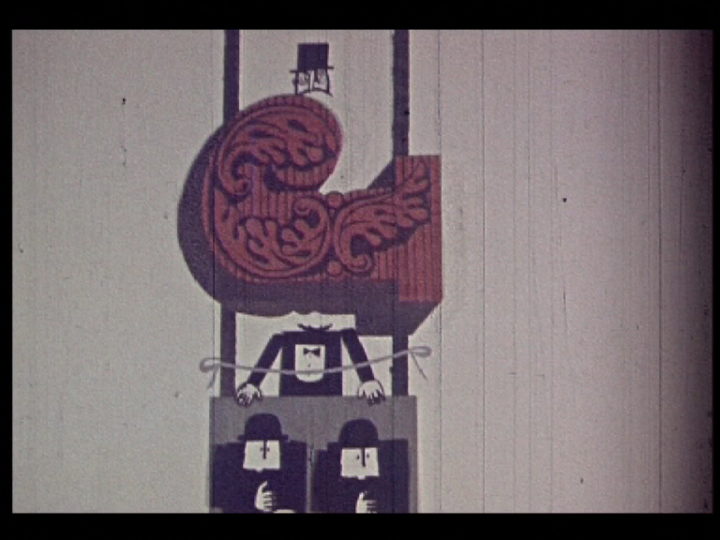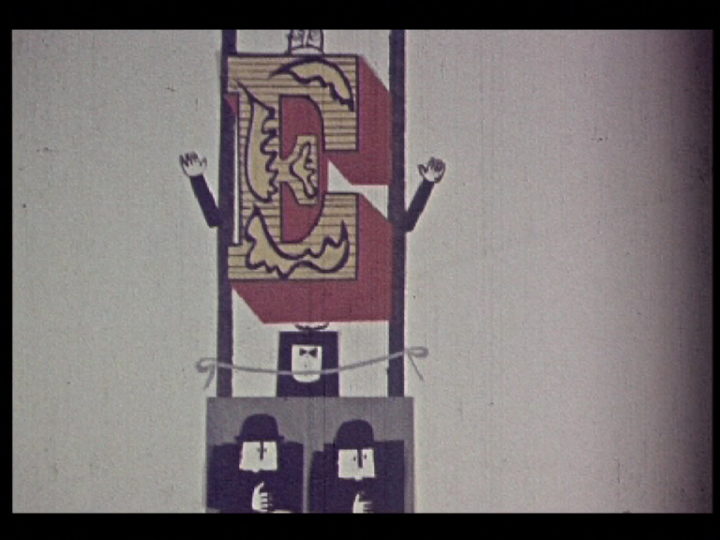Context

Krzysztof Kieślowski talking to Franciszek Dzida, AKF Klaps, Chybie 1979
We began with a chance encounter in 2001 with Krzysztof Kieślowski’s first popular feature film, Amator (Camera Buff), from 1979. The main character is a leading member of a factory-based film club. Intrigued, we began a research project in the summer of 2002 into the existence and remnants of amateur film clubs from socialist Poland.
There has been a spectacular transfiguration of Polish political and cultural life since the introduction of the market economy in 1989. It is as if Poland has played out in a time-lapse film the economic and cultural changes of ‘western’ Europe. Fifty years of social evolution – from a manufacturing to a service economy – has been compressed into just over ten years. Poland is a crystallization of forces at play in the rest of Europe; it projects a service-driven, consumer-led future, while content to forget its industrial past and hide its manufacturing present.
And yet, all the former state-owned industries, for example those generating power, refining steel or producing chemicals, play a central role in contemporary economic and cultural life. Clearly industry manufactures the goods and energy necessary to generate our material lives, and yet has simultaneously structured our experiences into ‘productive’ labour and unproductive ‘leisure’ time. But in Poland, even before the economic changes, ‘leisure’ was itself organized through factory-sponsored clubs, various associations, sports facilities, and even state holiday schemes.
Out of this regulated network, perhaps the most popular clubs were those that encouraged the production of amateur film. With 16 mm film stock, cameras and editing tables supplied by the factory/state, a large number of clubs were created throughout Poland from the 1950s on. By the late 1960s there were almost 300 clubs in existence. Out of this growing network, film competitions evolved, prizes were awarded, and festivals were held on a local, regional, national and international level.
The passions of the amateur, enthusiast or hobbyist often reveal a range of interests and experiences generally invisible amid the breathless flow of the state-sponsored or professionally mediated. The enthusiast often works outside ‘official’ culture and its encouragements, frequently adopting a counter-cultural tone of tactical resistance and criticism.
It was clear to us that the film club enthusiasts often invert the logic of work and leisure, becoming truly productive when pursuing their passions, and using work for their own rather than the factory’s or state’s intentions. Generated by enthusiasm, the films simultaneously record, and offer resistance to, the deep structures of contemporary material life.
These extraordinary films range from 2-minute animations to short ‘experimental’ and ‘abstract’ films, from documentaries on family, village, city or factory life to historical dramas and ambitious features. There is an astonishing range of material, beautifully crafted (because film stock was precious) and largely forgotten.
As a result of our research into the films, their makers and clubs, a huge selection of forgotten 16 and 8 mm material was found, usually in people’s homes, and sometimes literally under their beds. Joined by curator Łukasz Ronduda from Ujazdowski Castle Centre for Contemporary Art in Warsaw, we embarked on cleaning, restoring and digitizing as much material as we could find money to support. We also started planning to exhibit the material.
Project
Texts and interviews locating the Enthusiasts Archive in the collaborative practice of Neil Cummings and Marysia Lewandowska
Cultural
Texts creating a social and cultural context for filmmakers and their clubs in Poland under socialism
Film
Essays exploring film-making and specifically the films curated for the exhibition screening programs of Love, Longing and Labour.
Subversive Love – Amelia Jones Art Historian Amelia Jones celebrates the transgressive power of love
Research
During our trips to Poland we became aware that most of the factories that housed film clubs had closed, or the clubs themselves had disbanded. With help, however, we found a few former club members who were still active, and they, in turn, gave us addresses and telephone numbers of other members and clubs. We began to crisscross the country, visiting people’s homes, extant clubs and community centres, and with the aid of a portable editing device we watched hundreds of films.
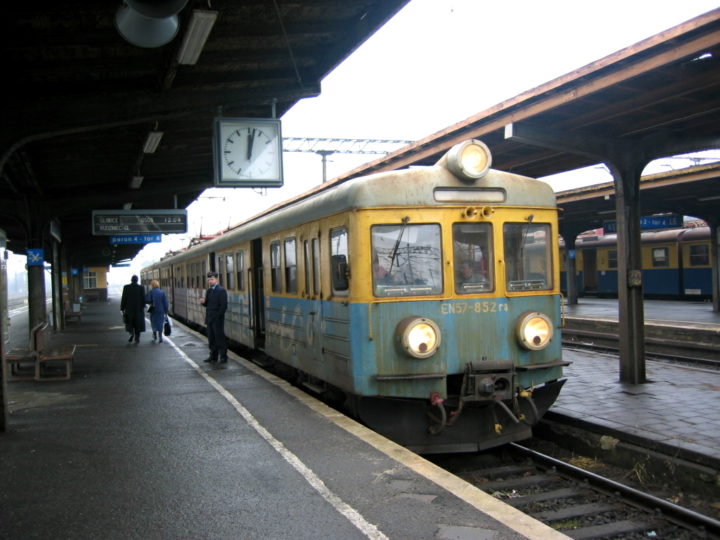 Visiting Katowice, 2003
Visiting Katowice, 2003 Club lounge, AKF Klaps, Chybie 2002
Club lounge, AKF Klaps, Chybie 2002 Visiting AKF Awa, Poznań 2003
Visiting AKF Awa, Poznań 2003  Entrance to AKF Groteska, Kędzierzyn Koźle, 2003
Entrance to AKF Groteska, Kędzierzyn Koźle, 2003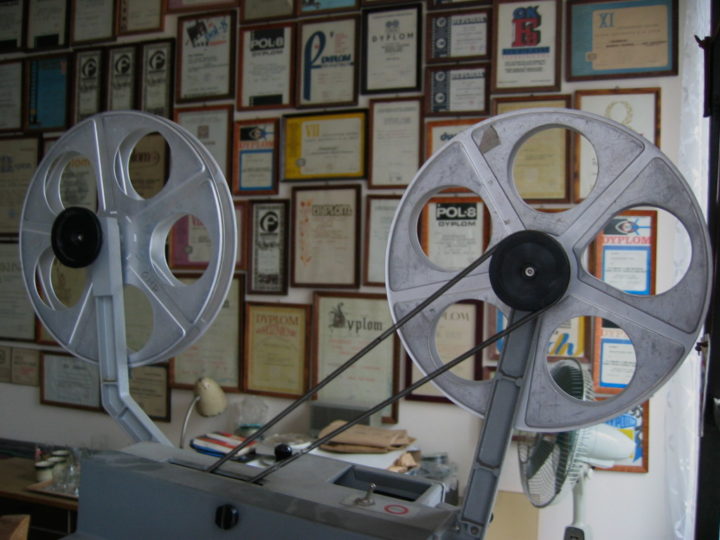 Interior of AKF Groteska, Kędzierzyn Koźle 2003
Interior of AKF Groteska, Kędzierzyn Koźle 2003 Franciszek Dzida, Marysia Lewandowska, Jan Dzida and Józef Orawiec visit AKF Klaps, Chybie 2002
Franciszek Dzida, Marysia Lewandowska, Jan Dzida and Józef Orawiec visit AKF Klaps, Chybie 2002 Henryk Lehnert and Neil Cummings visit AKF Chemik, Oświęcim 2003
Henryk Lehnert and Neil Cummings visit AKF Chemik, Oświęcim 2003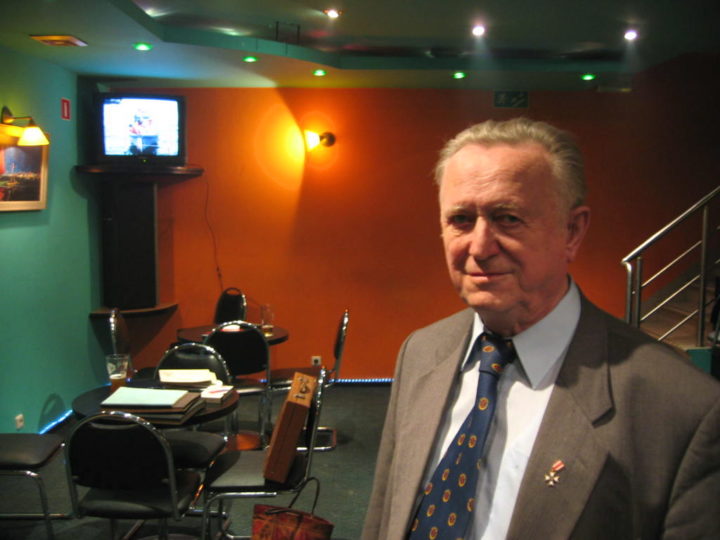 Meeting with Julian Ficek, former member of AKF Alka, Puck 2002
Meeting with Julian Ficek, former member of AKF Alka, Puck 2002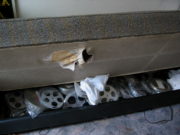 Film collection inside a sofa bed, Katowice 2003
Film collection inside a sofa bed, Katowice 2003  Portable viewing table, Warsaw 2004
Portable viewing table, Warsaw 2004 Archives of AKF Sawa, Warsaw 2004
Archives of AKF Sawa, Warsaw 2004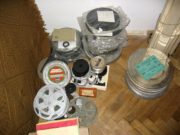 Legacy of Antoni Kreyser at the apartment of Danuta Kreyser, Warsaw 2004
Legacy of Antoni Kreyser at the apartment of Danuta Kreyser, Warsaw 2004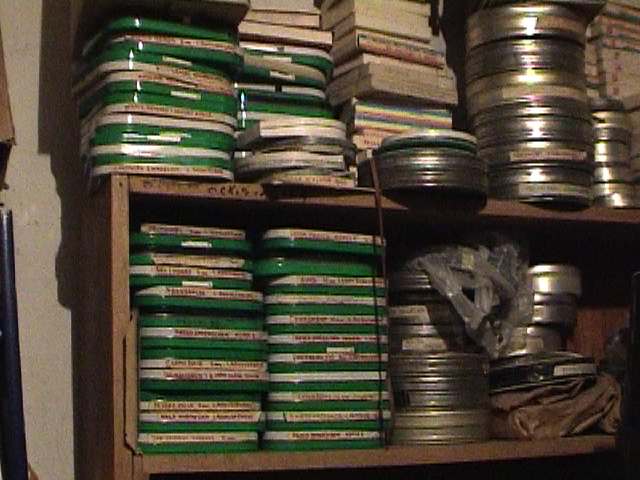 Film store at AKF Sawa, Warsaw 2004
Film store at AKF Sawa, Warsaw 2004 Film store at AKF Klaps, Chybie 2002
Film store at AKF Klaps, Chybie 2002 Leszek Boguszewski AKF Sawa, Warsaw 2004
Leszek Boguszewski AKF Sawa, Warsaw 2004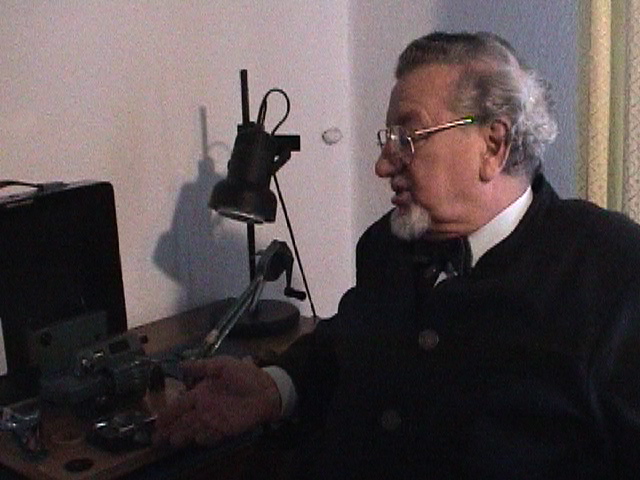 Stanisław Puls, AKF Jupiter, Bydgoszcz 2003
Stanisław Puls, AKF Jupiter, Bydgoszcz 2003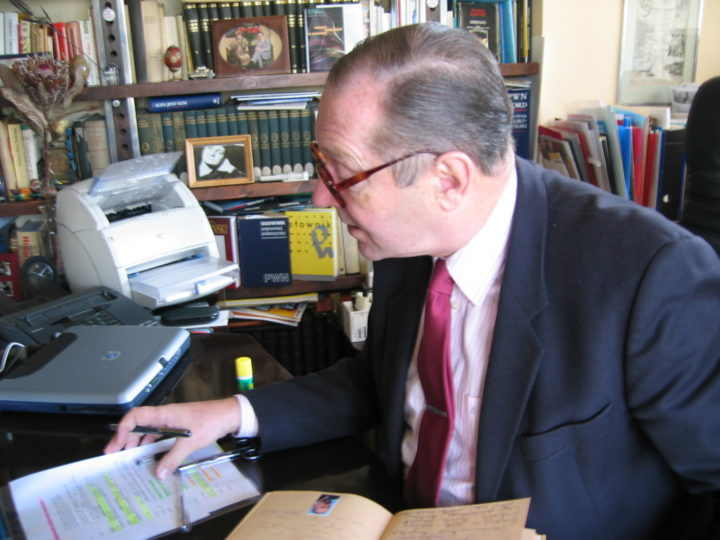 Visiting Krzysztof Zanussi, Warsaw 2004
Visiting Krzysztof Zanussi, Warsaw 2004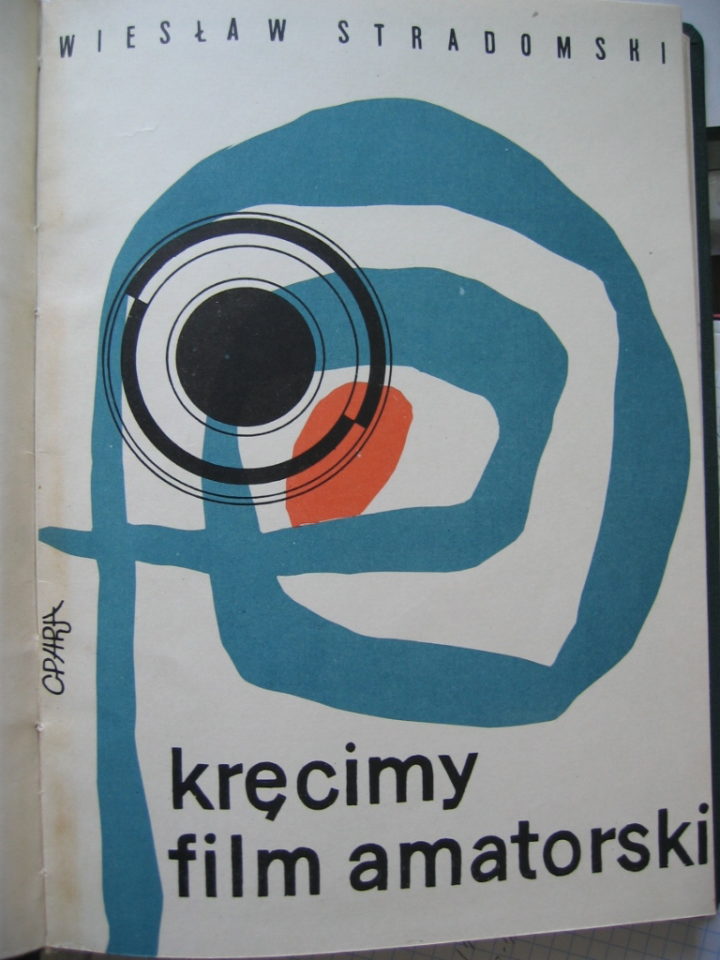 Publications related to amateur film clubs’ activities 1950-1985
Publications related to amateur film clubs’ activities 1950-1985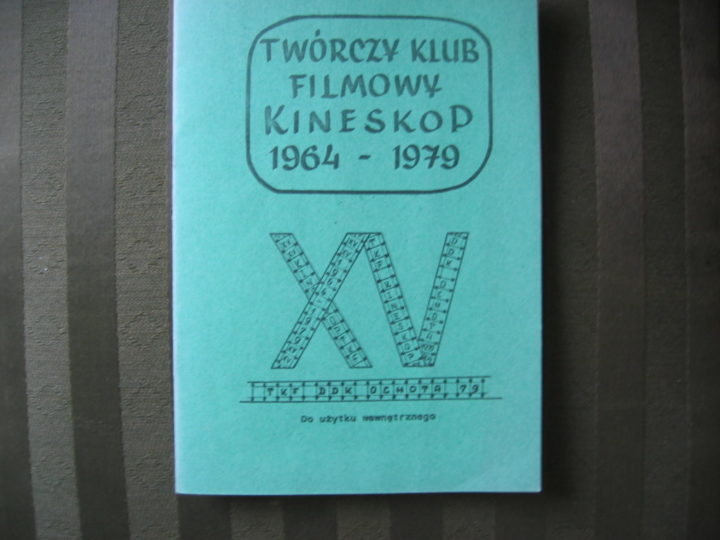
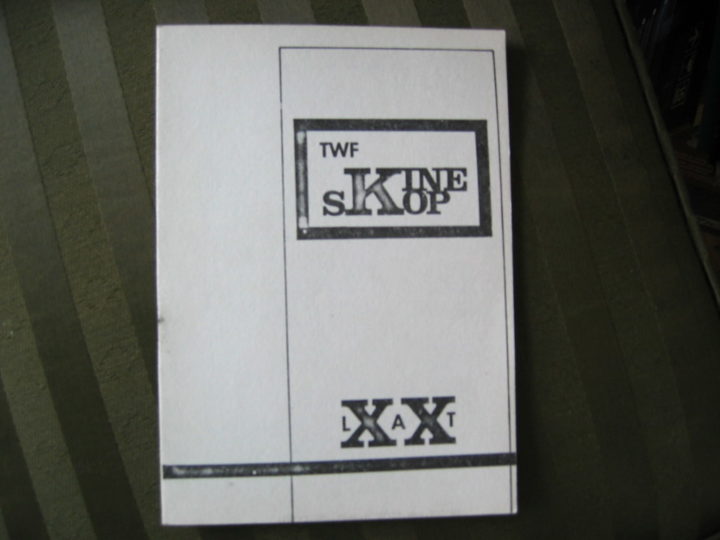
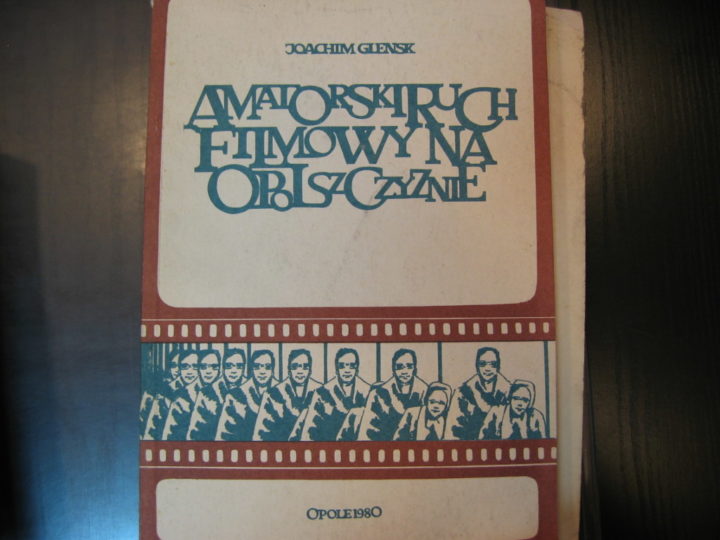
 Press cuttings found in albums and chronicles of film clubs
Press cuttings found in albums and chronicles of film clubs